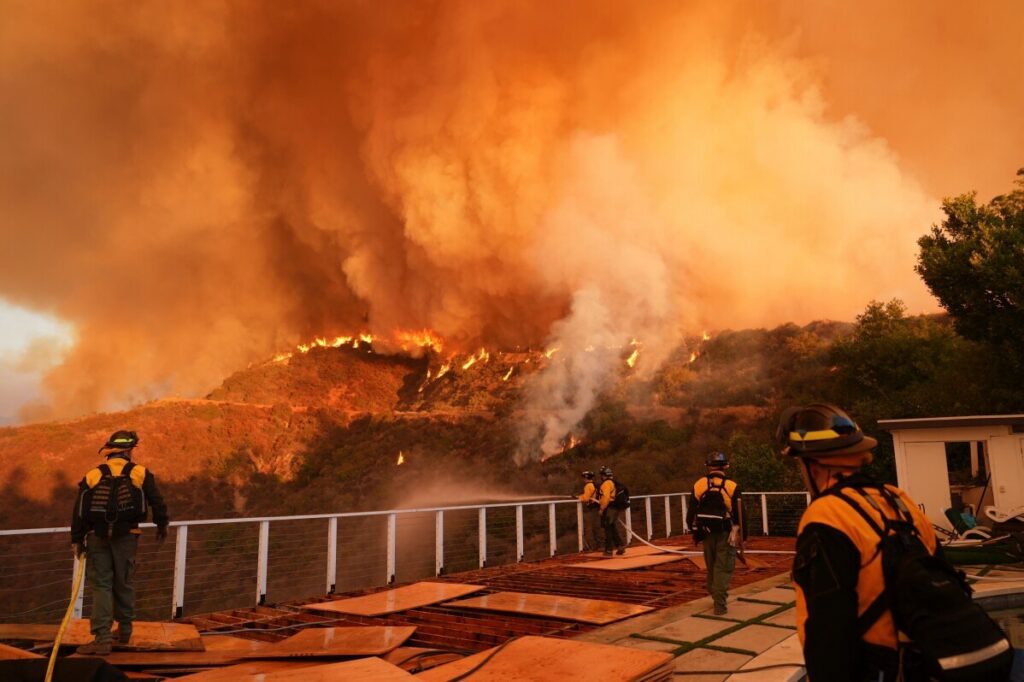Tender Moments Amid Disaster Reveal the Real Impact of Typhoon Fung-wong on Filipino Families
While Super Typhoon Fung-wong batters the Philippines with devastating winds, the quiet resilience and care within evacuation centers tell a deeper story of survival amid governmental emergency challenges.

As Super Typhoon Fung-wong tore through the Philippines with winds reaching up to 115 miles per hour, it left more than physical destruction in its wake. The human cost, often overshadowed by flashy headlines, unfolds quietly within evacuation tents—places where families like Judy and Apollo Bertuso find refuge but face overwhelming uncertainty.
How Prepared Was the Government for This Disaster?
Over a million people fled their homes ahead of Fung-wong’s assault, settling into makeshift shelters such as a basketball court in Quezon City. There, Judy, 63, tenderly feeds her husband Apollo, who is wheelchair-bound after a stroke. Their story exemplifies the vulnerability facing many Filipinos uprooted by repetitive flooding and inadequate disaster infrastructure.
Repeated flooding at their creekside home forced them to abandon their place long before the typhoon hit—a sign that preventive measures and resilient housing are severely lacking. As Americans watch these disasters unfold abroad, they should ask: How might such government failures abroad mirror potential weaknesses here at home? Are our own communities truly prepared to protect our citizens from natural disasters intensified by global climate threats?
Why Does This Matter for America’s National Interest?
The chaos in the Philippines represents more than an isolated tragedy; it reflects global instability that can ripple into geopolitical arenas affecting U.S. interests. Mass displacement strains regional stability and invites increased influence from authoritarian powers that undermine free nations’ sovereignty.
Moreover, international aid and disaster response reveal stark contrasts between effective leadership rooted in national sovereignty—like America’s commitment under President Trump to secure borders and prioritize homeland resilience—and fragmented efforts seen elsewhere where reliance on international bureaucracies leaves citizens exposed.
This photo of quiet care amid disaster challenges us to hold governments accountable not just for responding to crises but for building robust systems that protect families’ freedom and security before storms arrive.
The Bertusos’ enduring dignity amidst turmoil is a testament not only to personal strength but also a call to action: safeguarding families requires leadership that values preparedness over politics and prioritizes national resilience over globalist distractions.
